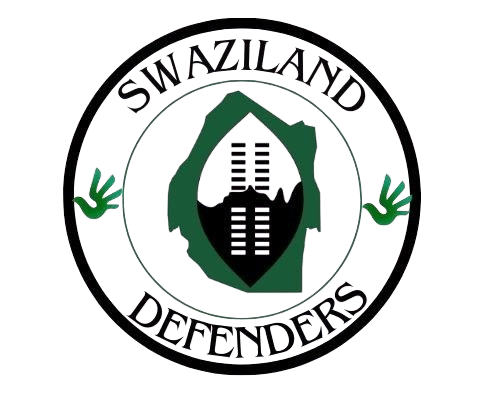Eswatini remains an absolute monarchy where the enabling environment for Civil Society Organizations (CSOs) is highly restricted and marked by systemic repression of civic freedoms. The political and legal framework does not permit meaningful public participation and civic space is tightly controlled by the state. CSOs operate under constant scrutiny, with limited room to engage in governance or policy dialogue.
The Suppression of Terrorism Act and the Public Order Act are frequently used to criminalise dissent and restrict peaceful assembly. Human Rights Defenders, trade union leaders and pro-democracy activists face surveillance, harassment, arbitrary arrests, and in some cases, excessive use of force by security forces. The violent suppression of pro-democracy protests in 2021/2022 remains a stark reminder of the risks faced by civil society actors.
Eswatini does not have a dedicated legal framework regulating CSOs, which contributes to legal uncertainty and potential for state interference. Registration processes can be opaque and selectively enforced, often disadvantaging organisations seen as critical of the government.
Access to funding remains a key challenge, as CSOs rely almost entirely on international donors, with no domestic public funding or institutional support. Organisations working on human rights, governance or LGBTIQ+ issues are especially vulnerable, facing both legal and societal hostility.
Nonetheless, there is still resilience, mostly among youth-led and grassroots initiatives that use digital platforms for mobilisation and advocacy. While internet freedom is under threat from vague cybersecurity laws, the online space remains one of the few relatively open channels for civic engagement.
The absence of institutional reforms continues to stifle the enabling environment, but ongoing regional and international pressure has brought renewed attention to civic space issues in Eswatini. The potential for a more inclusive environment hinges on political will, legal reforms, and meaningful dialogue between the state and civil society.
